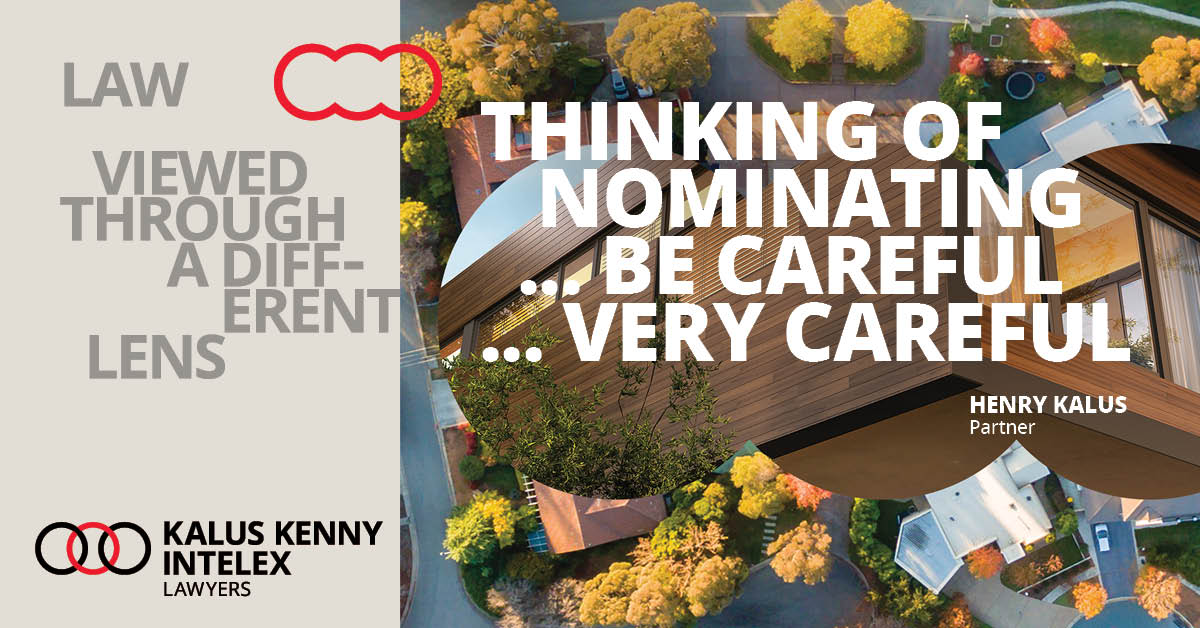The State Revenue Office of Victoria (SRO) has released a new revenue ruling (DA-064), which attempts to clarify the meaning of ‘land development’ in the context of developers nominating their ultimate purchasing entity and the risk of triggering additional stamp duty.
For years lawyers have been advising developers not to undertake land development before nominating a substitute purchaser under a Contract to purchase land. This is because one of the circumstances in which nomination of a substitute purchaser triggers a second layer of stamp duty, in addition to the ultimate transfer of land, is if land development occurred prior to the date of nomination.
But the reality was that no one was certain of the threshold test for land development.
Whilst the Duties Act had a definition of land development which included preparing a plan of subdivision, applying for rezoning or obtaining a planning or building permit or an amendment to any permit, or developing or changing the land in any other way that would lead to the enhancement of its value, the threshold for these triggers was unclear.
State Revenue Office Ruling 064, provides a guide (that’s right, it’s only a guide) as to what may constitute land development and what does not.
Whilst many of the limbs of land development are specific actions such as applying for a permit, some are more nebulous.
For example, engaging surveyors to undertake surveys of the land or of the area or to prepare reports, or engaging a professional to review a plan of subdivision, may constitute land development. But informal surveys and measurements, preliminary research and analysis, consultation with agents, review of sales data, review of planning restrictions, and looking into costs, are not triggers.
Applying for an amendment to a planning permit is land development, but not where it is a minor amendment made by secondary consent. But applying for an extension of time for a permit, the granting of which enhances the value of the land, well that may be land development.
And the issuing of a building permit or planning permit before nomination triggers additional duty, even if the application was not made by or on behalf of the purchaser and even if the application predated the Contract.
A submission for a Planning Scheme Amendment is land development but a submission to preserve the status quo or informal discussions about the process are not.
There is also a broad statement in the Ruling that land development is the process of ‘altering the state and /or use of land’.
And any activities which could enhance the value of land even if not prescribed, such as decontaminating, removing a covenant, or other restrictions may also trigger duty, even if the value of the land is actually reduced. That is, if the activity could have enhanced the value of the land, additional duty may be triggered.
Finally, all of this is just a guide, as the Commissioner of State Revenue may consider all relevant circumstances.
So before nominating a substitute purchaser, be careful, very careful.





